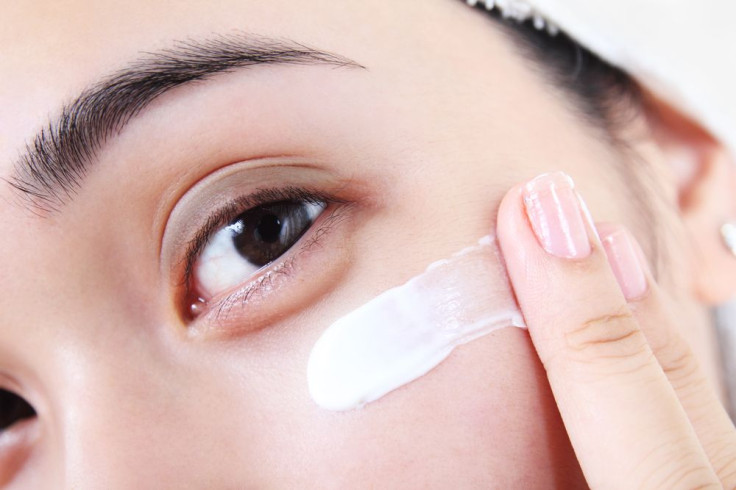Soap, Other Beauty Products With Endocrine-Disrupting Chemicals Shave 2 to 4 Years Off Menopause Onset

Endocrine-disrupting chemicals, which are commonly found in everything from beauty products to plastics, are known to hurl a young girl’s body into early puberty. Unfortunately, these ever-present toxins have now been linked to another negative health consequence. When high levels of these chemicals accumulate in an adult woman’s body, she may experience menopause two to four years earlier than a woman with lower levels of these chemicals, a new study finds.
“Many of these chemical exposures are beyond our control because they are in the soil, water and air,” Dr. Amber Cooper, an assistant professor at Washington University School of Medicine in St. Louis, stated in a release.
To investigate how common chemicals might affect menopause, Cooper and her co-researchers at University of Missouri and SUNY Albany used data collected between 1999 and 2008 as part of the National Health and Nutrition Examination Survey, which gathered information from a total of 31,575 people, including 1,442 menopausal women. The research team began with the analyses of women's blood and urine samples for exposures to 111 mostly man-made chemicals, which in many cases included known reproductive toxins. In all cases, the compounds were suspected of interfering with the natural production and distribution of hormones in the body.
In particular, the team focused on phthalates, which are commonly found in a wide variety of products including plastics, household items, pharmaceuticals, and personal-care products, such as lotions, perfumes, makeup, nail polish, liquid soap, and hair spray. The other chemicals studied included industrial combustion byproducts, plant-derived estrogens, PCBs, coolants, phenols, industrial pollutants, organophosphate pesticides, surfactants, and aromatic hydrocarbons.
After examination and extensive analyses, the researchers discovered 15 chemicals with the potential for detrimental effects on ovarian function. In fact, women with higher levels of these toxic 15 began menopause two to four years earlier than women with lower levels.
“Earlier menopause can alter the quality of a woman's life and has profound implications for fertility, health and our society,” Cooper said. “This study doesn't prove causation, but the associations raise a red flag.” It is important to understand the study was designed in such a way to statistically represent a population of almost nine million menopausal women.
Understanding how our environmental exposure to chemicals may affect our health is a complex subject, Cooper and her colleagues say, yet contact with toxins may be more difficult to prevent than simply avoiding a few products. Many of the chemicals in this study already have been banned from U.S. production. However, because they still are produced globally, they remain pervasive in our environment.
Source: Cooper A, et al. PLOS ONE. 2015.



























